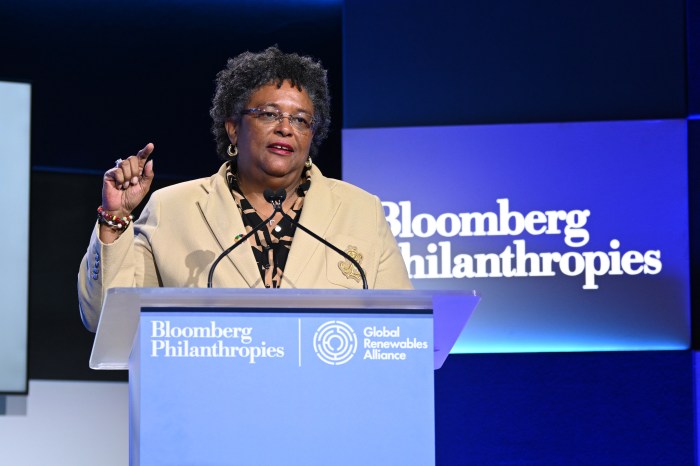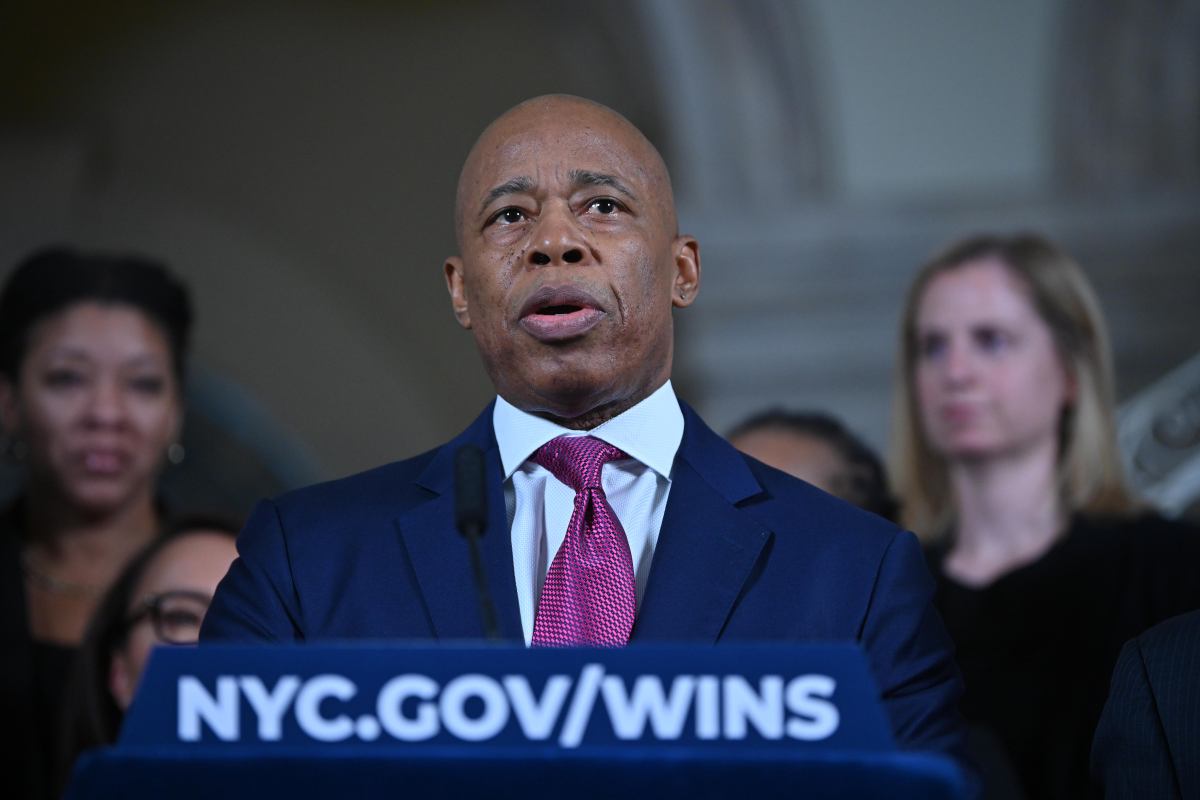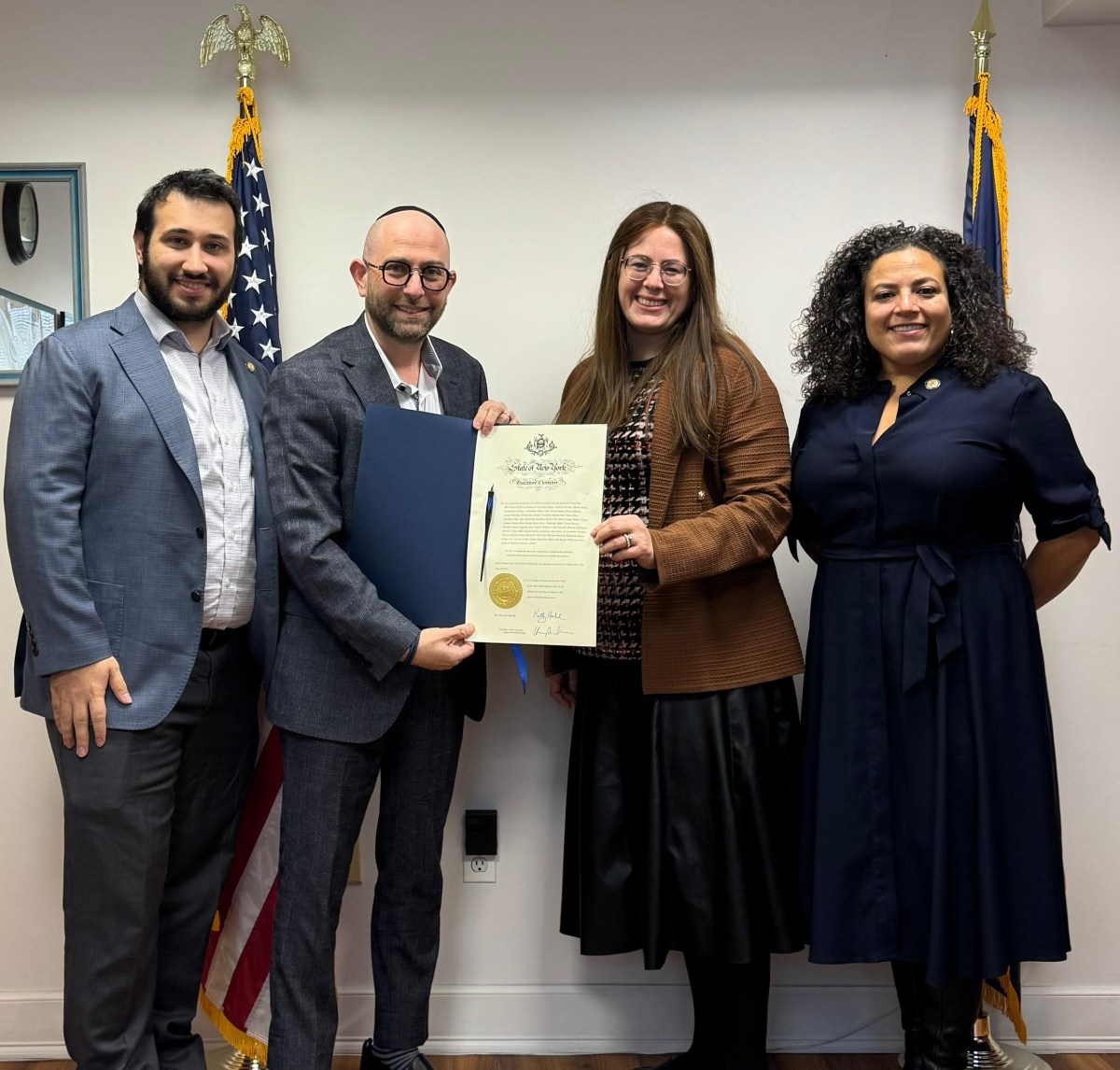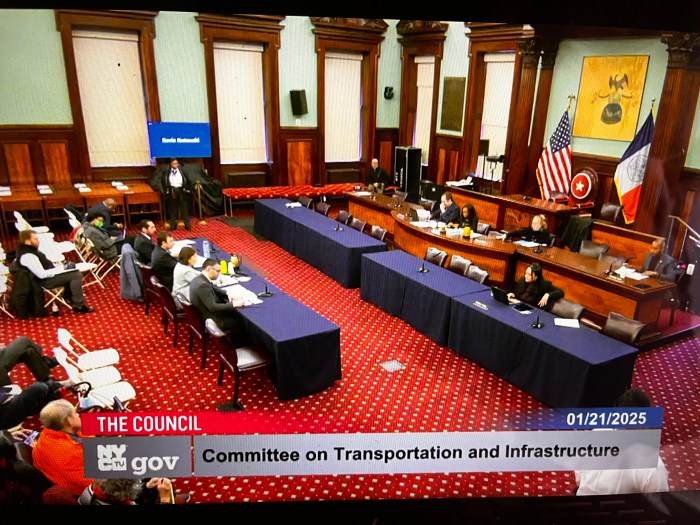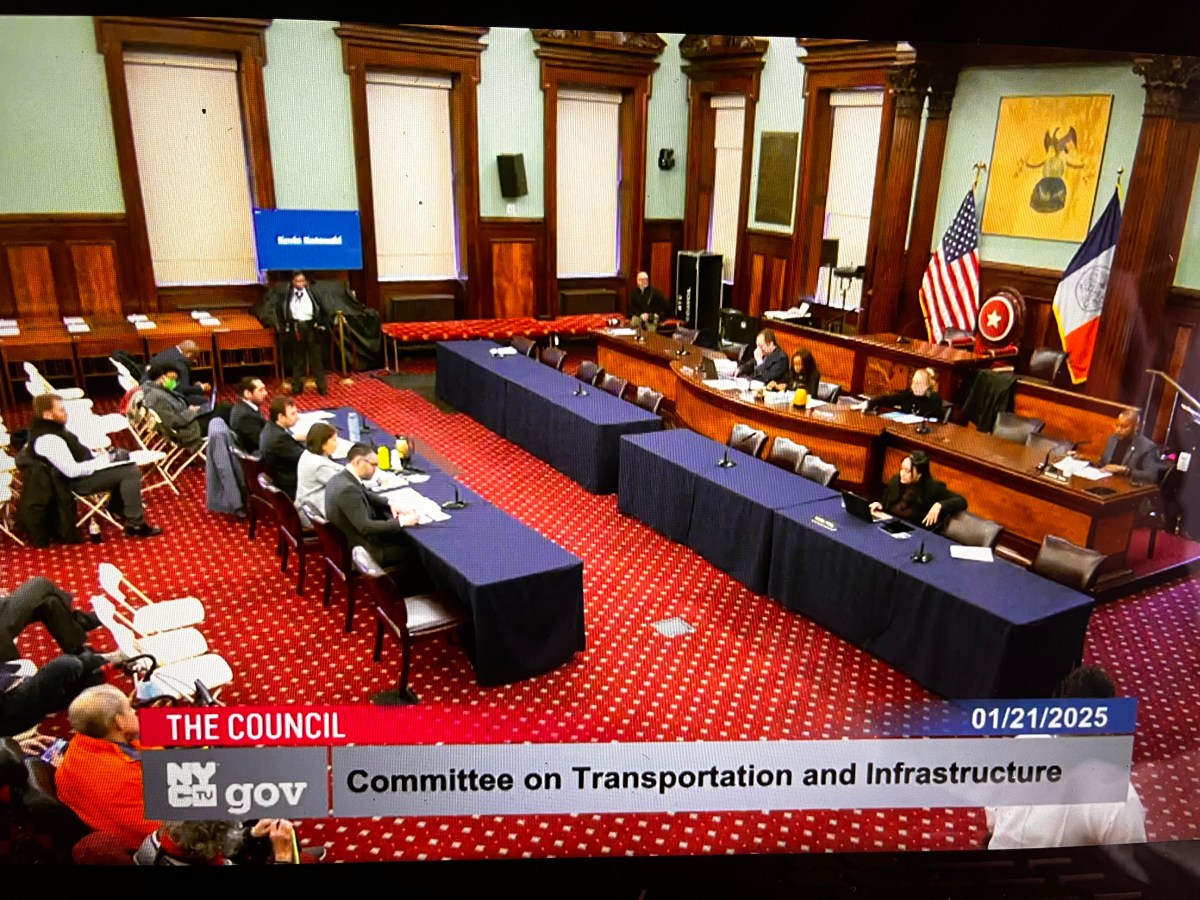PORT-AU-PRINCE, Haiti (AP) — A transitional council tasked with choosing new leaders for Haiti is changing the way it operates in a move that surprised many as gang violence consumes the country.
Instead of having a single council president, four veteran politicians will take turns leading the council every five months, according to two members who were not authorized to publicly share the changes because they had not yet been announced.
The members told The Associated Press late Wednesday that the nine-member council also will now consider five members a majority, instead of four. Seven of the council’s members have voting powers.
“That’s a real switch,” Robert Fatton, a Haitian politics expert at the University of Virginia, said of the changes. “I think it’s a good thing that they’re really going to share power now. … It is something that is very rare in Haitian politics.”
The four members who will share power are original council president Edgard Leblanc Fils, ex-senator Louis Gérald Gilles, former presidential candidate Leslie Voltaire and ex-ambassador for the Dominican Republic Smith Augustin.
The changes follow inner turmoil that threatened to derail the council after it was sworn in on April 25. The bickering began five days later, when four council members announced not only a council president but also a prime minister to the shock of many.
However, it remains to be seen if former sports minister Fritz Bélizaire will remain as the chosen prime minister. One council member told AP that they expect to make an announcement next week.
After a prime minister is announced, the council expects to choose a new Cabinet, a process many expect will involve long and heavy negotiations with powerful politicians.
“That’s going to be the other major issue,” Fatton warned.
The changes come as Haiti prepares for the U.N.-backed deployment of a Kenyan police force to help fight gangs that have decimated swaths of the capital of Port-au-Prince.
Gangs launched coordinated attacks in February, burning police stations, opening fire on the main international airport that has remained closed since March 4 and stormeing Haiti’s two biggest prisons, releasing more than 4,000 inmates. The country’s largest seaport also remains paralyzed as food, medication and other critical items dwindle.
At least 1.4 million Haitians are on the verge of famine, according to the U.N.’s World Food Program.
On Thursday, Haiti’s Office of Citizen Protection called on the council to prioritize human rights and provide victims of gang violence free legal assistance and timely justice.
“The country’s situation…has never been so alarming,” it said.
The office also demanded that the council establish a truth and justice commission to investigate human rights violations and major crimes. It urged authorities to probe the two prison attacks and provide a detailed report on all those who escaped.
“There is no peace without justice,” it said.
U.S. military planes have landed in recent days with supplies including medicine and hydration fluids as well as civilian contractors to prepare for the arrival of foreign forces, although it’s not clear exactly when the Kenyan police would deploy.
A team of top Kenyan security officials are in Washington D.C. this week to finalize deployment plans, including the number of police that will be sent.
Gang violence has surged in recent days, with several communities attacked near downtown Port-au-Prince, forcing more than 3,700 people to flee their homes.
On Tuesday, at least four people died and several others were injured when someone opened fire on a bus driving through Martissant, a gang-controlled area in southwestern Port-au-Prince.
Kidnappings also have increased, with a female police officer killed Wednesday morning while trying to fight off gangs who tried to abduct her, said police union leader Lionel Lazarre.
More than 2,500 people have been killed or injured in the first three months of the year, a 50% increase compared with the same period last year, according to the U.N.
Associated Press reporter Evelyne Musambi in Nairobi contributed.


